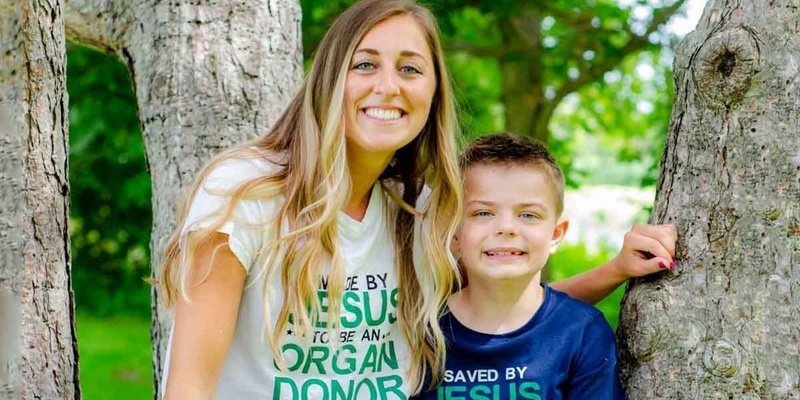Hearts in the Sky: IAF Saves 3 Lives By Airlifting Organs from Pune to Delhi
In the quiet hours of the night, the Indian Air Force (IAF) embarked on a mission that bridged the fragile line between life and death. In a meticulously coordinated operation, the IAF airlifted a liver and two kidneys from Pune’s Command Hospital to the Army Hospital (Research & Referral) in Delhi. These organs belonged to a brain-dead dependent 59-year-old woman, a silent hero whose final act of kindness will now offer a second chance at life to three critically ill patients. This mission, executed with utmost urgency and precision, stands as proof of the IAF and Armed Forces Medical Services' commitment to service that transcends the battlefield.IAF Gives Hope Beyond DeathOrgan donation often emerges from heartbreak, yet carries with it the extraordinary ability to heal and restore. The organs airlifted in this case, a liver, two kidneys, and two corneas, were retrieved from a woman who, though declared brain-dead, became a beacon of life for others. The recipients in Delhi’s Army Hospital are not just receiving transplants; they’re inheriting the compassion. As the organs will be transplanted to two serving soldiers, this operation beautifully encapsulates how a single decision made in the face of loss can go on to touch lives far beyond the donor’s own.Wings That Heal Beyond BordersThis is not the first time the IAF has stepped in to deliver hope. Earlier this month, five people across the country received a new lease on life when the IAF airlifted organs, including a kidney and a cornea, from Bengaluru to Delhi. The liver from that donation was successfully transplanted at Gleneagles BGS Hospital, while other organs found recipients through collaborations between CHAFB and Victoria Hospital, Bengaluru. These swift airlifts, done in partnership with regional transplant networks like Jeevansarthakathe in Karnataka, showcase the deep interlinking of precision, medical expertise, and compassion. The Armed Forces Medical Services and the IAF continue to prove that their dedication to saving lives is not confined to war zones but extends to the very essence of humanity.A Call to Conscience: The Gift of ContinuityThese stories, though steeped in military protocol and clinical execution, hold a deeply human core. Behind each airlift is a grieving family who said ‘yes’ to organ donation, choosing purpose in their pain. Behind each recipient is a life renewed by someone who will now get to see their children grow, pursue dreams, or simply live without machines. The IAF’s airborne acts of compassion call on every citizen to consider organ donation not as an end, but as a beginning.


